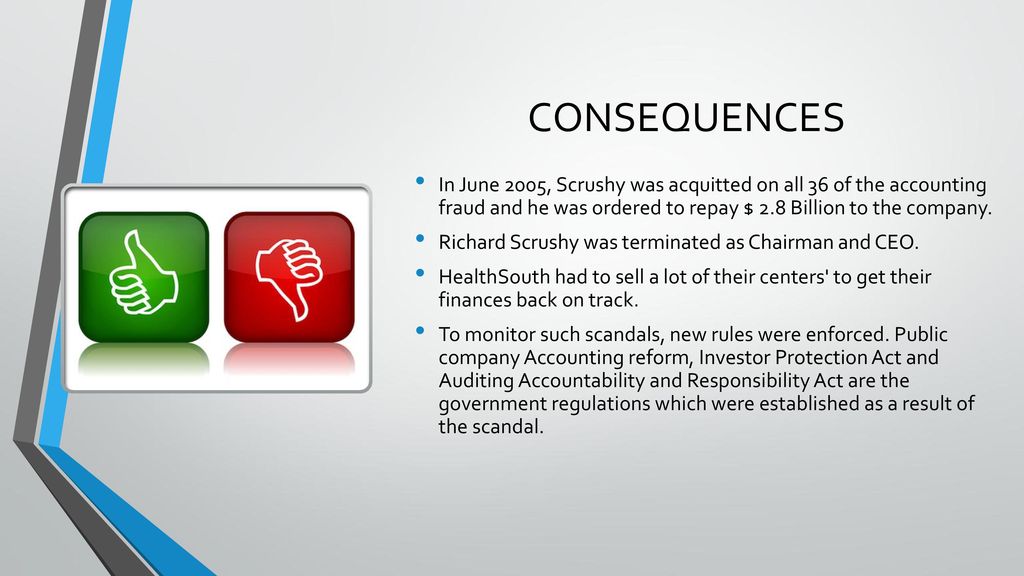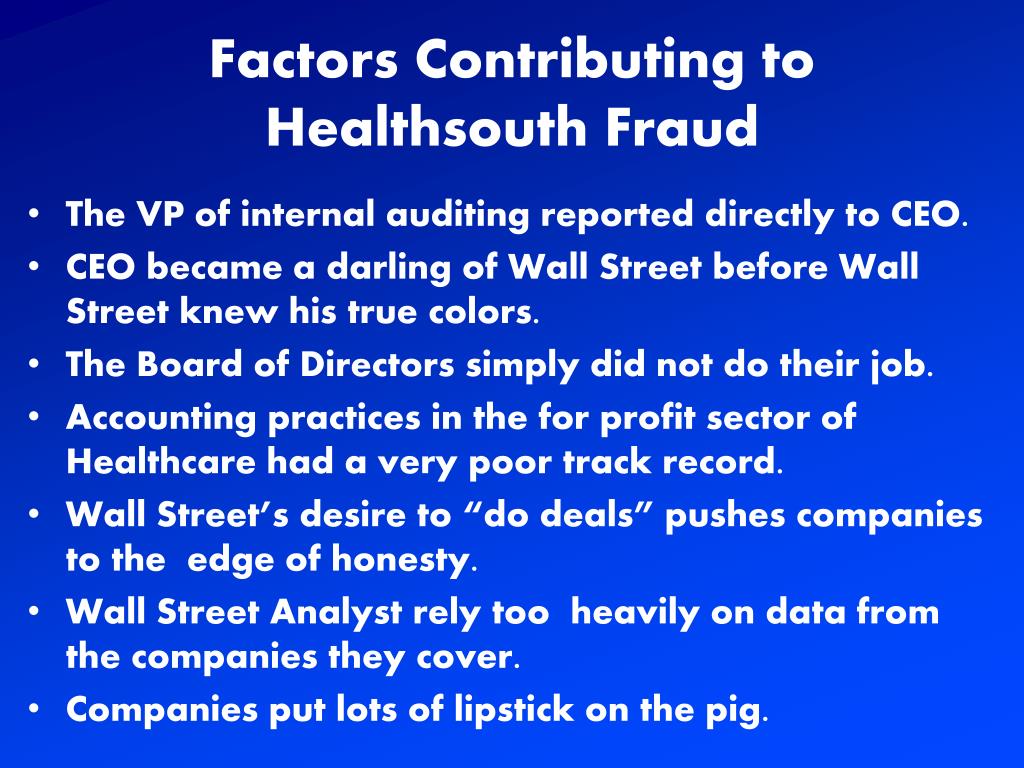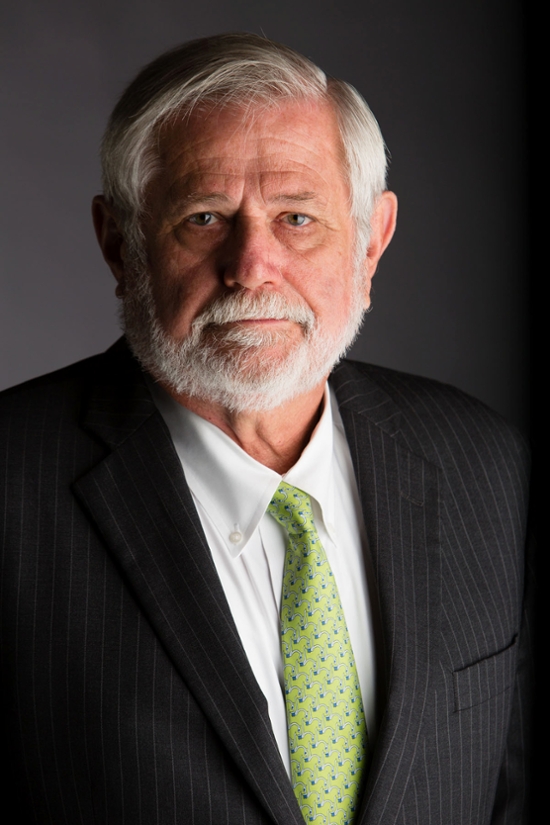HealthSouth is a healthcare company that provides rehabilitation and medical services to patients in various settings, including inpatient rehabilitation hospitals, outpatient rehabilitation clinics, and home health agencies. In 2003, the company was embroiled in a major scandal when it was revealed that executives had engaged in a massive accounting fraud to inflate the company's earnings and stock price. This scandal led to the resignation of the company's CEO, the indictment of several executives, and the restatement of the company's financial statements.
Auditors play a critical role in detecting and preventing accounting fraud, and in the case of HealthSouth, the auditors failed to uncover the fraud despite numerous red flags. This raises questions about the effectiveness of the auditing process and the responsibility of auditors in detecting and preventing corporate fraud.
One of the key factors that contributed to the HealthSouth scandal was the close relationship between the company and its auditors. The auditing firm that oversaw HealthSouth's financial statements was Ernst & Young, one of the largest and most reputable accounting firms in the world. However, Ernst & Young had a longstanding relationship with HealthSouth, and had been the company's auditor for over a decade. This close relationship may have contributed to a lack of skepticism on the part of the auditors, who may have been more inclined to take the company's representations at face value rather than thoroughly scrutinizing the company's financial statements.
Another factor that contributed to the HealthSouth scandal was the complexity of the company's financial statements. HealthSouth was a large and complex organization, with a variety of different business lines and a significant amount of debt. This complexity made it more difficult for auditors to detect the fraud, as they had to sort through a large amount of financial data in order to understand the company's financial position.
In addition to these factors, the HealthSouth scandal also highlights the importance of independence in the auditing process. Auditors are supposed to be independent of the companies they audit, in order to ensure that they are able to scrutinize the company's financial statements objectively and without bias. However, in the case of HealthSouth, the close relationship between the company and its auditors may have compromised their independence and made it more difficult for them to detect the fraud.
Overall, the HealthSouth scandal serves as a cautionary tale about the importance of effective auditing in detecting and preventing corporate fraud. It also highlights the need for auditors to maintain their independence and skepticism in order to effectively fulfill their role as guardians of financial integrity.







